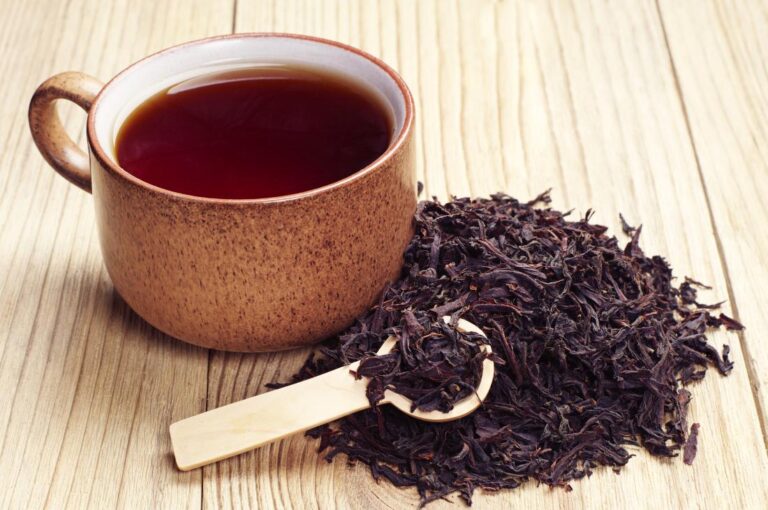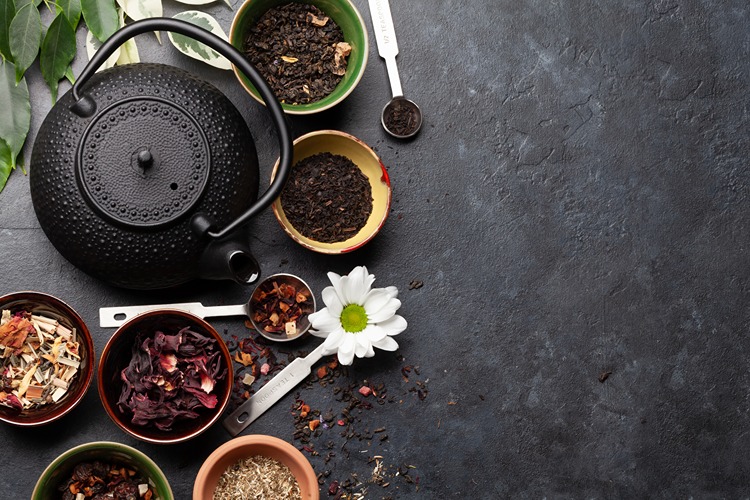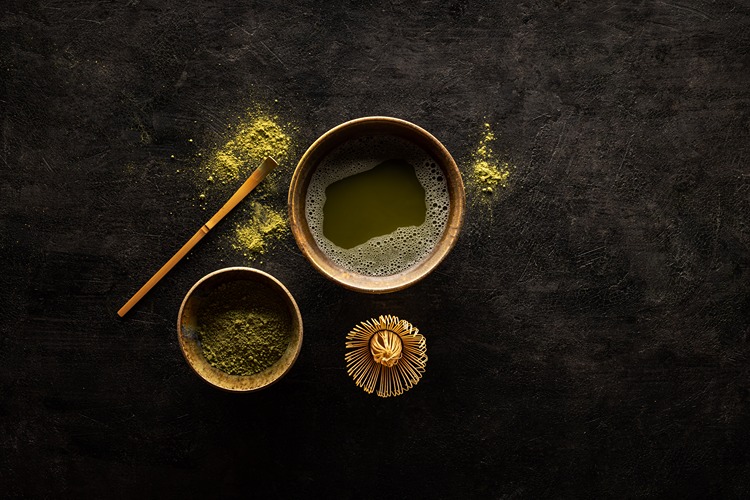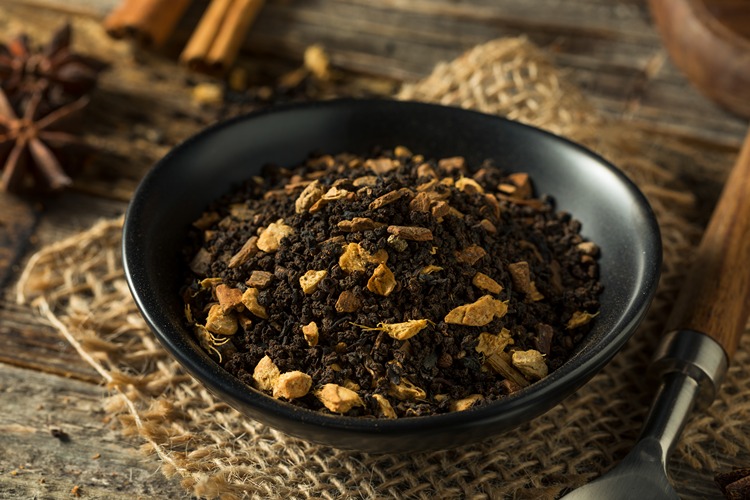Delicate, sophisticated, and subtly flavorful, organic white teas stand as one of the most treasured offerings in the world of tea. This guide invites you on an in-depth exploration of organic white teas, their unique processing methods, health benefits, brewing techniques, and more.
Understanding Organic White Teas
Organic white tea is a true minimalist’s delight. As one of the least processed tea types, it allows the natural characteristics of the tea leaves to shine through. This tea type gets its name from the tiny, silvery-white hairs that cover the young, unopened buds from which it’s plucked.
What Makes a Tea Organic?
A tea is deemed organic when it’s grown without the use of synthetic fertilizers, pesticides, or herbicides. Organic farming focuses on enriching the soil and promoting biodiversity, producing healthier tea plants and, consequently, purer, more nutrient-rich teas.
The Production of Organic White Teas
Organic white tea is produced using the simplest and most natural of methods. The unopened buds and young leaves are delicately plucked, allowed to wither under the natural sunlight, and then dried. This minimalistic approach keeps the leaves close to their natural state, preserving their rich antioxidant content.
The Distinct Varieties of Organic White Tea
Organic white teas come in several delightful varieties, each showcasing its unique taste profile:
Silver Needle (Bai Hao Yin Zhen)
Considered the crème de la crème of white tea, Silver Needle consists solely of tender, young buds. This tea offers a delicate flavor profile marked by sweet, floral notes.
White Peony (Bai Mu Dan)
This tea type includes both the buds and the top two leaves of the tea plant, offering a slightly stronger flavor that’s often described as floral and fruity with a hint of nuttiness.
Long Life Eyebrow (Shou Mei)
Shou Mei is made from the buds and leaves lower down the plant. It exhibits a fuller body and deeper color, with fruity and roasted notes.
Health Benefits of Organic White Teas
The health benefits of organic white tea are vast, thanks to its rich antioxidant content. Some of the key benefits include:
- Rich in Antioxidants: Organic white tea is loaded with polyphenols, powerful antioxidants that combat oxidative stress and inflammation.
- Heart Health: Regular consumption of white tea has been linked to improved heart health, thanks to its ability to relax the blood vessels and boost overall cardiovascular health.
- Skin Health: The antioxidants in white tea can help rejuvenate the skin, combat aging signs, and improve overall skin health.
Preparing the Perfect Cup of Organic White Tea
Preparing white tea involves a delicate process to extract the best flavor from the leaves without overpowering their subtle notes. Here’s a simple guide:
- Boil fresh, filtered water and let it cool down to about 175°F (80°C).
- Add about 2 grams of organic white tea leaves per 6 ounces of water in your teapot or infuser.
- Pour the heated water over the tea leaves.
- Let the tea steep for 4-5 minutes, depending on your preferred strength.
- Strain the tea into your cup and savor the delicate, complex flavors of your organic white tea.
Frequently Asked Questions About Organic White Teas
Q: What is the caffeine content in organic white tea?
A: While the exact caffeine content can vary, white tea generally contains less caffeine than black or green tea.
Q: Can I add milk or sugar to white tea?
A: While it’s a matter of personal preference, the delicate flavor of white tea is often best appreciated without the addition of milk or sugar.
Q: Can I cold brew organic white tea?
A: Absolutely! Cold brewing will deliver a refreshing, smooth taste, perfect for warm weather.
Bottom Line
Organic white tea, with its delicate flavors, healthful benefits, and sustainable farming practices, offers a unique, sophisticated tea-drinking experience. It’s a perfect choice for those who appreciate a subtle yet complex flavor profile and are mindful of the environment.






